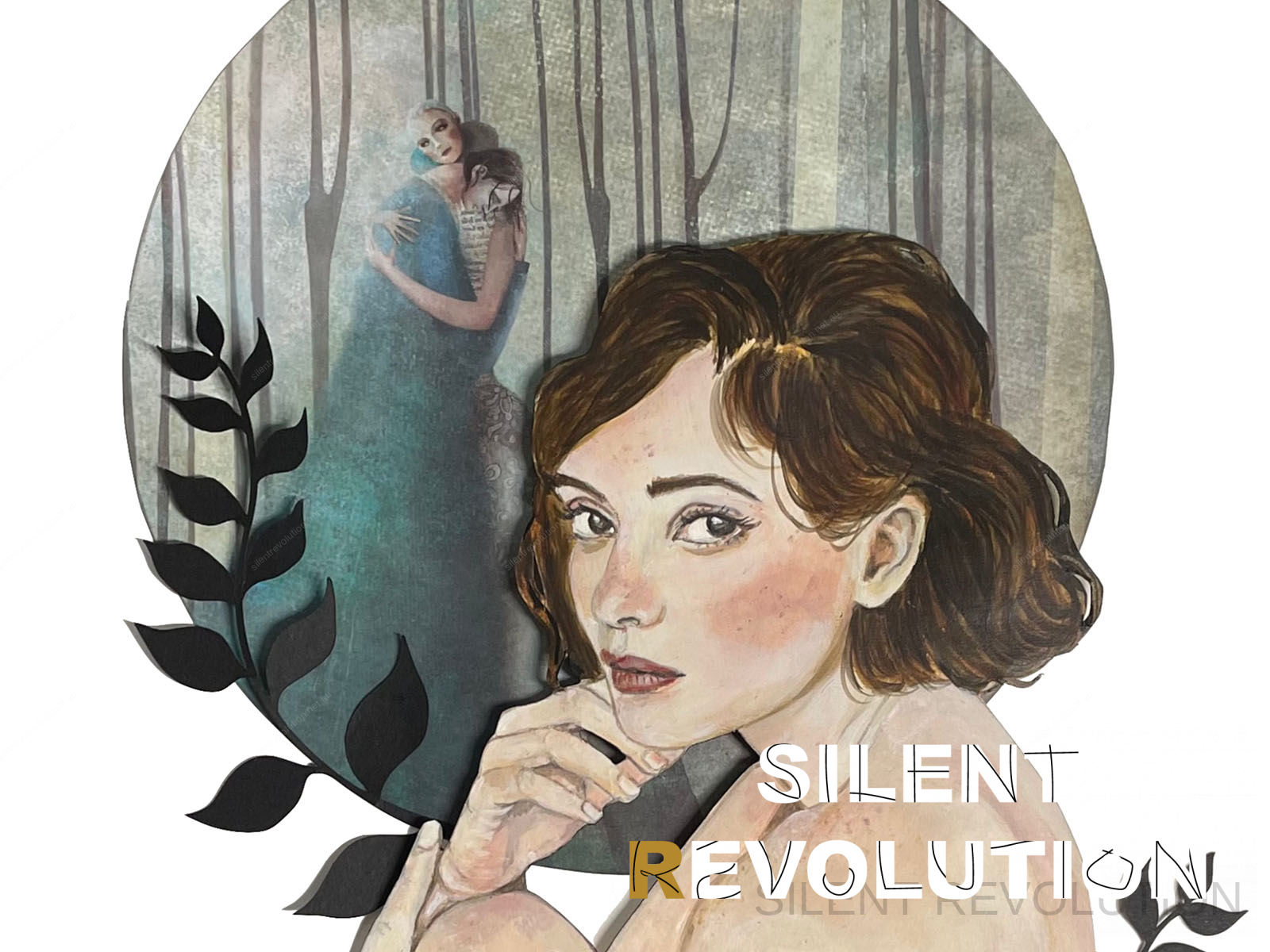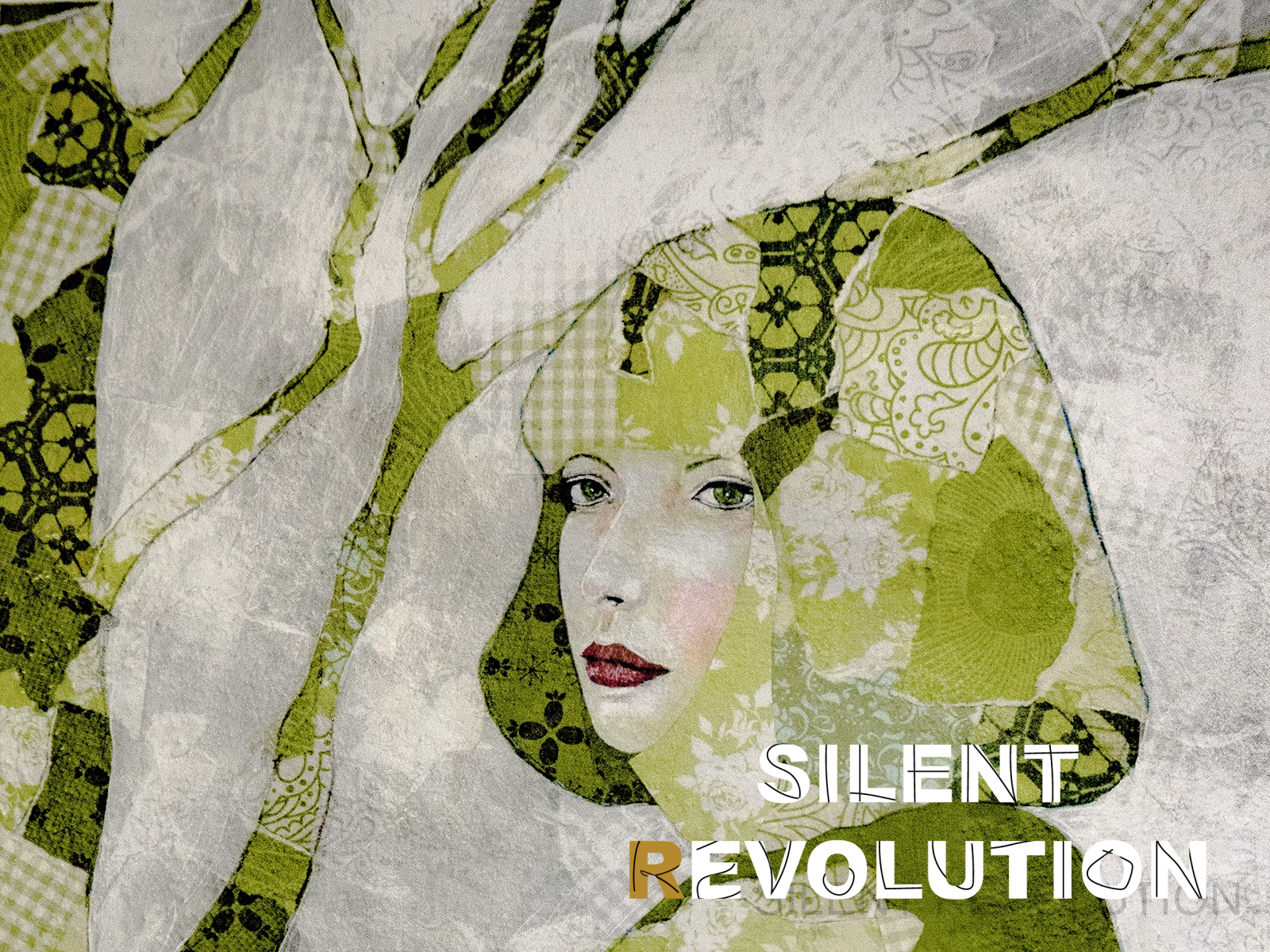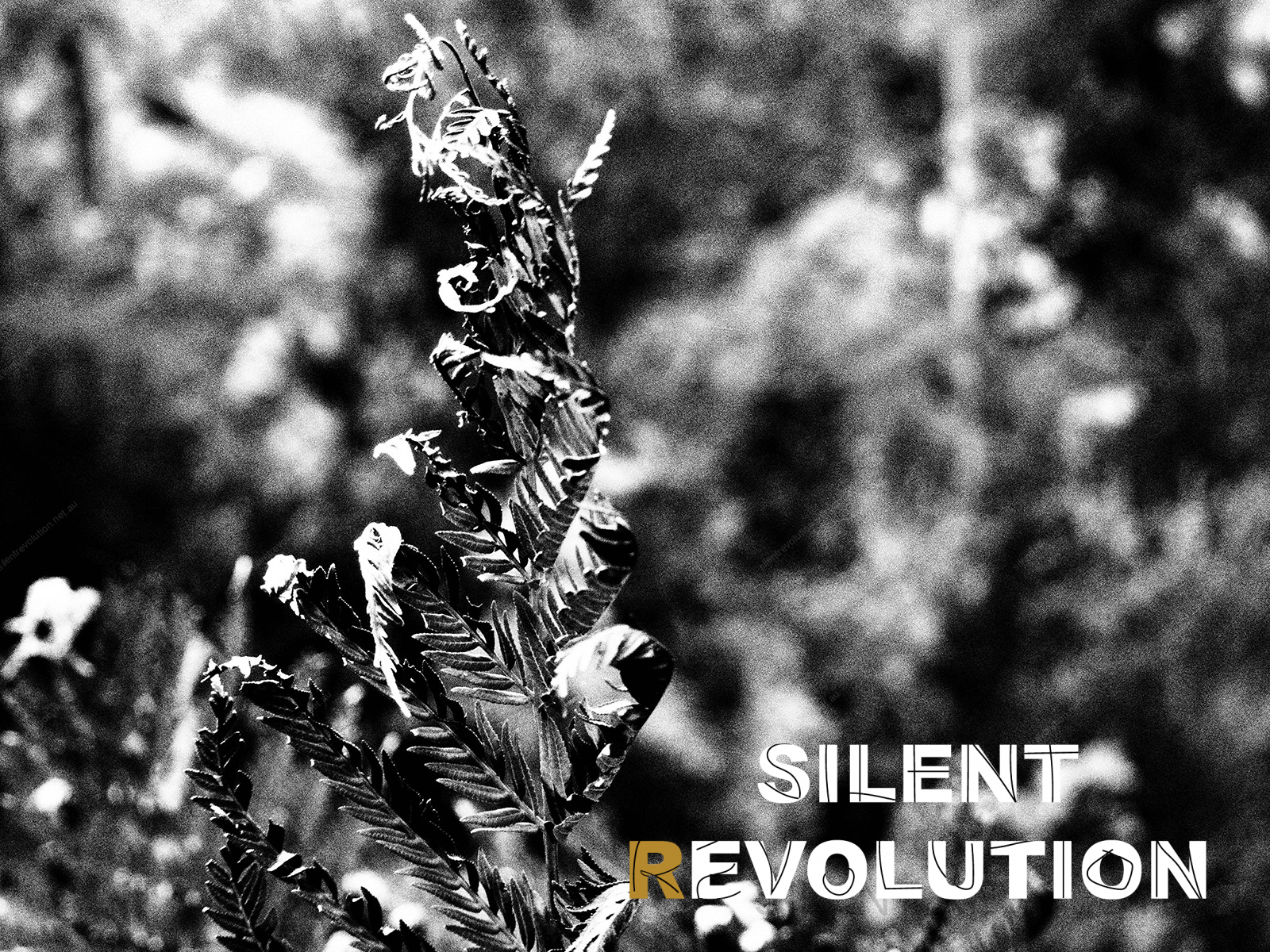
Obsession, Possession, Shame & Writing Memoir
“I wrote those [short] stories because I was possessed by them and wanted to exorcise them from my system… Isn’t creative writing all about being possessed, seized, obsessed?”
‘The Writer Laid Bare,’ Lee Kofman
I worry I’m losing obsession with a part of my story I’ve imagined would thread throughout my memoir. I was possessed by an element of my story for over eight years. It inhabited my prefrontal cortex, my limbic system, my reptilian brain, my nervous system, my fascia. The thread that wove my story together, kept me up at night, and left my pillow damp, pulsed with anguish and longing. The blood of my pulse was, no is, warm with my shame.
As Kofman writes:
“Art, unfortunately for writers, often emerges from the caves of shame.”
As a mad woman, the threat that I or someone or something would turn up the gas and my blood would reach boiling point was, maybe still is, real.
Again, from Kofman:
‘…it is the writing that endangers us that has the best chance of moving readers.’
Which is why, as an aspiring memoirist, it’s a catastrophe I’m less possessed. But as a partner, a mother, it’s good news; I’m more protected from my demons and the threat of madness.
Is there a way I can be re-possessed by my story’s shameful dimension and have a healthy mind?
Thirteen years in therapy, I’ve touched on my shame with someone I’ve learnt to trust. Earth hasn’t swallowed me. Instead, fresh air has filled me out somewhat. I’ve needed some healing to stand on firmer ground. As a mad woman this is critical.
I’ve also needed some healing to approach writing my memoir. Many memoirists would attest to that. But, in my experience, I’m learning you don’t want too much healing.
Kofman writes:
“Too much [self] understanding can be perilous to the writing drive. Every time I gain self-knowledge, I also lose some of the inspirational fuel.’
I’m dependent on my weekly dose of cracking myself open in the hope of saving my soul. But there are graver consequences than self-imploding or acute embarrassment: you don’t want to go to therapy and leave cured of your memoir.
Mind you, it took me five years to fess up to my therapist that I wanted to write about my experiences of madness. I’m deeply ashamed of being a writer. I’ve had to broach this with my therapist, as well as share other shameful tit bits. I’ve had to get a bit used to airing my dirty laundry. But if you’re a writer, you don’t want to air all of it. It’s necessary to be selective. You still want to be gripped by something. I guess I’m fortunate: madness is a deep, treacherous, endless subject, full of shame, full of deceiving. Marry that to my compulsion to tell my story for my sanity, and I’ve got plenty of juice in the tank.
If I imagine talking more deeply with my therapist about my shameful angle for my memoir, can I look him in the eye? As I sit in the comfort of my home, piano music softly playing, dog sleeping in her bed, and the morning full of promise because I’ve chosen to write instead of delay, I can’t honestly say I’m over this ugly hairy thing. No, I can’t look him in the eye. I can’t give pause and space to the worst of me with another in a quiet room, sitting only metres apart, the ‘thing’ hanging in the air between us. I’m still bloated with shame.
This is good news. I think the recent worry I’ve had about no longer being possessed is from my mistaken belief that I need to be destroyed by my obsession to be moved to write about it. But I didn’t write anytime I was in the foetal position. Not even a journal entry. Whereas now I’m informed by my obsession and moved to write. In fact, I think I can manage to write today and cook dinner for my family. I might even enjoy the exploration and telling of my shameful self. But perhaps it needs to be in the privacy of my writing room, not the therapy room.
There’s a long way to go in writing my memoir, yet I’m spurred on as I intuit the importance of my subject, laden with potent feeling, will be important for the reader too.
For Kofman:
“…books conceived out of some innate need are more likely to crackle with electricity and be urgent for readers too…if the author cares deeply about their subject, chances are high that readers will care too.”
In fact, readers want to explore the shame within themselves, as they read about ours, whether they’re aware of their drive to or not. If we write well, we can take readers through the alchemical process of turning shame into gold; readers, along with us, can transform from being petty into a human of substance. In that way, healing approaches through the backdoor, finds the reader, merges with the reader.
Kofman writes:
“… [good books give us] a conversation about what it really means to be human, with all the inherent darkness and confusion.”
Not everyone can afford to see a therapist, or wants to, but we all have access to a library. Thus, contacting our shame, and releasing it, is an opportunity for readers.
I can’t believe I mentioned to my therapist this week that there’s one incident in my life that is out of this world embarrassing. If I put it in my memoir, readers will know me a little too intimately. In a world where people shame others, you’d have to be crazy to lay yourself that bare. I am mad – as obsessive, possessive, and shameful as that may be – and this, dear reader, gives me my writer’s sensibility.
What shame are you possessed by?
How are you obsessed with it?
What commitment can you make to air your shame – with a friend, a therapist, or pen and paper?
Further Reading: ‘The Writer Laid Bare: Mastering Emotional Honesty in a Writer’s Art, Craft and Life’ by Lee Kofman
Image courtesy of Helen Platania titled ‘Stripped Bare.’
I’ve recently purchased this original framed piece by Helen to hang in my writing studio that I’m currently setting up beside my husband, Lachlan (Sanctum Studio), at Mycelium Studios. The image is a poignant reminder for me to lay myself bare on the page. I’m also aware of the synchronicity of discovering ‘Stripped Bare’ in Helen’s art studio just as I’ve begun to read Lee Kofman’s book, ‘The Writer Laid Bare,’ which inspired me to write this piece.
The woman in ‘Stripped Bare’ has a brown wavy bob like mine, yet she’s a younger, slender, better version of myself perhaps. Better in the way that she’s stripped herself naked and is actively connected to her inner realms, inner selves, and remains present. Whereas I tend to avoid meeting myself in this way, choosing surface comfort over deeper nourishment. Because before you are deeply nourished, you are often tormented, touching upon some troubling pain, and, in my experience, risk going mad. This woman brings me back to myself and asks that I put it on the page, not live it in my outer life.




